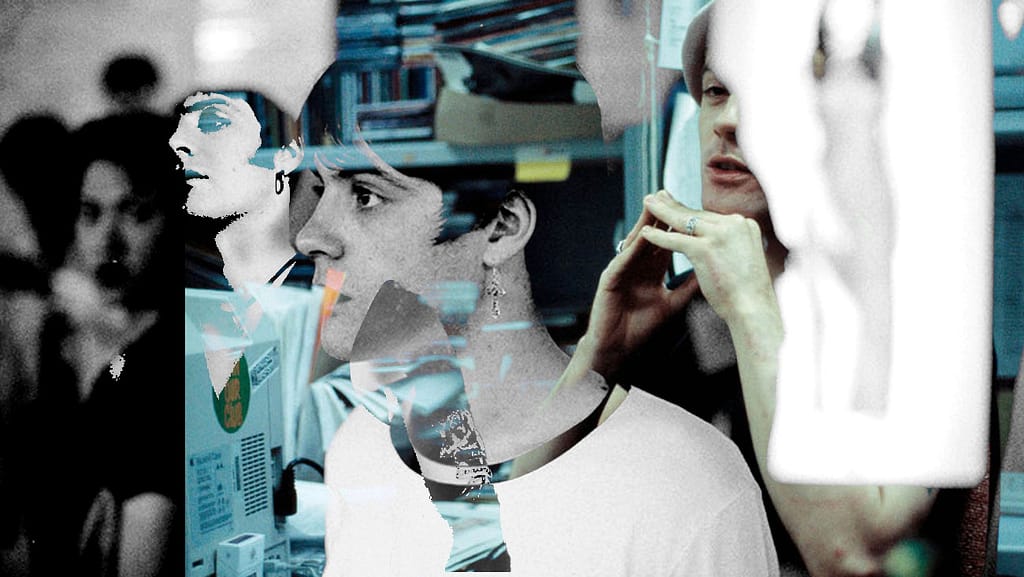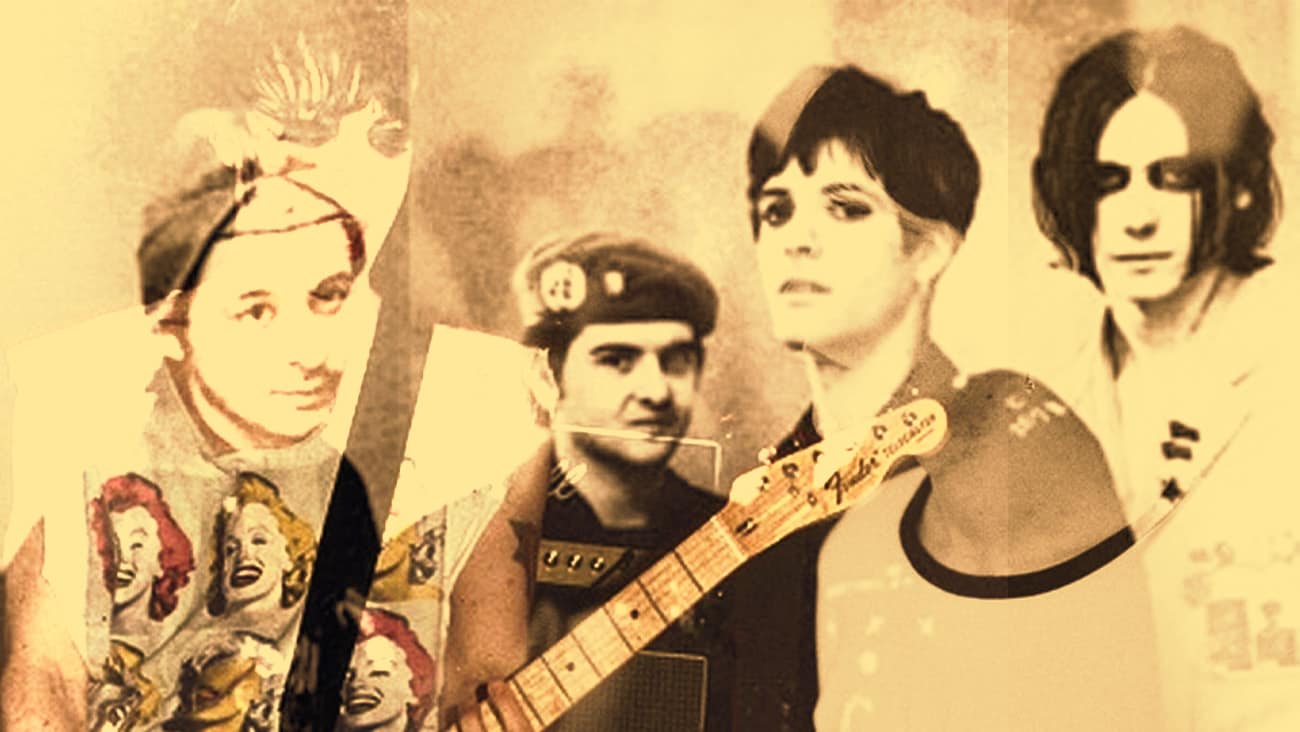“4st 7lb” is a song by Manic Street Preachers from the band’s third album, The Holy Bible (1994)
One of the most haunting, brutally honest tracks from The Holy Bible (1994), “4st 7lb” is not a mysterious code! it’s a precise measurement. Read aloud, it’s “four stone, seven pounds,” or about 63 pounds (roughly 28.5 kilograms).
For a fully grown adult, that weight hovers dangerously at the edge of life and death. It’s not just thin. it’s vanishing.
That’s the thematic heart of the song. Written from the perspective of someone consumed by Anorexia nervosa A severe eating disorder marked by obsessive fear of weight gain, body dysmorphia, and the relentless pursuit of thinness as an identity, a goal, or a religion. In the world of The Holy Bible, it’s both a metaphor and a literal decay.
I eat too much to die, and not enough to stay alive. I’m sitting in the middle, waiting
Caraline Neville
This opening line is a direct quotation from the BBC documentary “40 Minutes: Caraline’s Story”, which chronicled the final months of Caraline Neville, a young woman who ultimately died from Anorexia. (Her name was often misspelled “Caroline,” but the documentary confirmed the correct spelling.)
The quote captures the suspended hell of eating disorders
An in-between world of denial, control, and dread. It’s not melodrama. It’s medical horror.
4st 7lb
The song’s lyrics penned by Richey Edwards, the band’s guitarist and resident tortured genius—paint an unflinching portrait of self-destruction:
Days since i last pissed Cheeks sunken and despaired So gorgeous sunk to six stone Lose my only remaining home See my third rib appear A week later all my flesh disappear Stretching taught, cling film on bone I'm getting better
There’s no metaphor here. It’s literal. The protagonist watches their body shrink until only bones remain—and they find a twisted sense of triumph in it. They aren’t dying; they’re “getting better.”
Karen says i've reached my target weight Kate and emma and kristin know it's fake Problem is diet's not a big enough word I wanna be so skinny that I Rot from view
At first glance, one might assume “Karen” refers to Karen Carpenter, the angel-voiced singer of The Carpenters, whose death from Anorexia in 1983 shocked the world.
But no! this “Karen” is Karen Krizanovich, a journalist and agony aunt whose advice column appeared in Sky Magazine, popular among UK teenagers in the ’90s. Karen Krizanovich advocated for healthy, sustainable eating. An idea the narrator mocks as delusional, even dangerous.
And those other names? They’re fashion icons; Kate Moss, Emma Balfour, and Kristen McMenamy—supermodels renowned for their androgynous, almost ghostlike thinness. The early ’90s worshipped this aesthetic. “Heroin chic” was the look. Visibility of bones was aspirational. And the fashion industry has long been complicit in normalizing it.
Not Leave a Footprint
I want to walk in the snow And not leave a footprint I want to walk in the snow And not soil its purity
A line so poetic it hurts. The desire to be so insubstantial that you leave no mark on the world—an act of disappearance as an art form.
Visions of Decay, Wrapped in Beauty
The lyrics spiral deeper into a physical and psychological abyss:
Stomach collapsed at five Lift up my skirt my sex is gone Naked and lovely and 5 stone 2 May I bud and never flower My vision's getting blurred But I can see my ribs and I feel fine My hands are trembling stalks And I can feel my breasts are sinking
This is starvation not as a symptom, but as a lifestyle; erasing one’s body piece by piece until even femininity is gone. Sexual characteristics vanish, replaced by bone and emptiness. Yet the narrator still claims to be fine.
No One Can Help
Mother tries to choke me with roast beef And sits savouring her sole ryvita That's the way you're built my father said But I can change my cocoon shedding
Here, we see the tragic comedy of well-meaning family intervention. “Ryvita” is a brand of dry, low-calorie crispbread popular in British diet culture.
The mother, perhaps unaware of the gravity of the illness, offers food with love—but the narrator sees it all as grotesque. Even kindness is suffocating.
I want to walk in the snow And not leave a footprint I want to walk in the snow And not soil its purity Kate and Kristin and Kit Kat All things I like looking at Too weak to fuss, too weak to die Choice is skeletal in everybody's life
Now this one’s intriguing. Kit Kat, the chocolate bar, sticks out—almost absurd in this company. But in the context of anorexia, it’s not absurd at all. It may represent forbidden pleasure, the enemy, or even a metaphor for something thin and segmented. Or maybe it’s just irony: something sweet, simple, and sinful to someone who’s sworn off food.
I choose my choice, I starve to frenzy Hunger soon passes and sickness soon tires Legs bend, stockinged I am Twiggy And I don't mind the horror that surrounds me Self-worth scatters, self-esteem's a bore I long since moved to a higher plateau This discipline's so rare so please applaud Just look at the fat scum who pamper me so Yeah 4 stone 7, an epilogue of youth Such beautiful dignity in self-abuse I've finally come to understand life Through staring blankly at my navel
Here comes Twiggy Lawson, the original icon of the waif-like look from the 1960s. She was delicate, fragile, and exploded into stardom as the embodiment of “thin is beautiful.” For generations after her, she became a benchmark of “ideal” thinness; especially to those fighting their bodies. In 4st 7lb, she’s invoked
This discipline’s so rare, so please applaud Just look at the fat scum who pamper me so.
The narrator now mocks society’s praise of self-control while holding up their own slow suicide as proof of moral superiority. It’s cruel. It’s ironic. And it’s deadly.
Yeah, 4st 7lb, an epilogue of youth Such beautiful dignity in self-abuse.
That line is among the most chilling ever written in rock music. There’s no glorification here—just the cold, clean beauty of decay, described like a tragic ballet. The song closes with a razor-sharp observation:
I’ve finally come to understand life Through staring blankly at my navel
This isn’t transcendence. It’s nihilism disguised as enlightenment. It’s the black hole of self-obsession.
Richey Edwards at his most articulate—and most lost.

4st 7lb A Word of Caution
4st 7lb is a masterpiece; but one that must be handled with care. It is not an anthem. It is not something to emulate. It’s a document, a mirror held up to a sickness that still stalks our culture, especially through social media’s glorification of edited, airbrushed, digitally perfected bodies.
If you’re struggling with food, self-image, or mental health—you’re not alone. Talk to someone. Reach out. Life is more than a number on a scale or bones under your skin. There’s no beauty in disappearing.
But there is something powerful about surviving. And that’s the message Richey never quite got to deliver.

